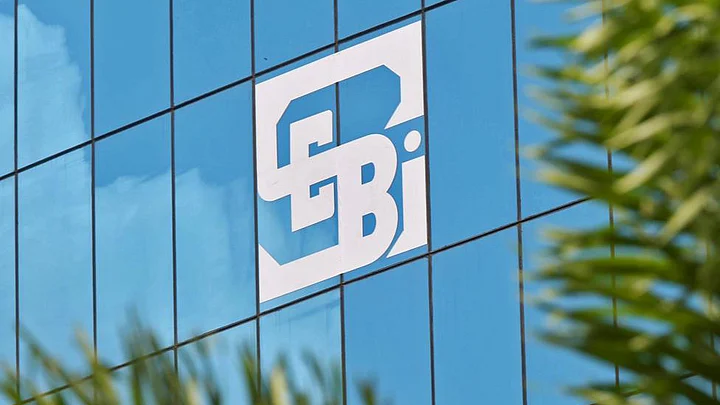The Madras High Court has issued notices to the SEBI, CBI, ED and three other agencies in connection with the alleged multi-crore National Stock Exchange (NSE) co-location scam based on a PIL filed by the Chennai Financial Markets and Accountability (CFMA).
The CFMA moved the high court, claiming that the CBI probe into the alleged four-year-old scam was progressing slowly and sought its intervention.
The CFMA submitted that it was shocking to know that the Securities and Exchange Board of India had absolved the NSE and its officials of all allegations under the SEBI (Prohibition of Fraudulent and Unfair Trade Practices relating to the Securities Market) Regulations, 2003.
"When there is a serious fraud and misdemeanours committed by top officials of NSE who were acting hand in glove with certain trade members towards manipulating the market and providing unfair trade access, NSE cannot be allowed to go scot free," the CFMA, a registered society, contended.
Recording the submissions, a division bench of justices M Sathyanarayanan and N Seshasayee ordered notices to the NSE, SEBI, CBI, Enforcement Directorate (ED), Serious Fraud Investigation Office (SFIO) and the Financial Intelligence Unit (FIU) returnable by 11 November.
The co-location facility allowed brokers to take on rent specific racks and co-locate their servers and systems within the exchange premises.
Illegal Preferential Access to Certain Trade Members
The primary objective of co-location services of the NSE was to reduce latency for connectivity to its trading systems for direct market access, algo-trading and smart order routing.
According to the CFMA petition, the NSE had given illegal preferential access to certain trade members to access its trade data at the cost of entire securities market.
The CFMA further alleged that the scam tarnished the reputation of a major market infrastructure institution and severely challenged the integrity of the securities market.
"Millions of investors, mostly retail investors, would have suffered huge losses due to relatively delayed dissemination of order-book data to them and in the absence of the awareness that some select trade members were able to access the order book data ahead of them," it said.
Last month, the Securities Appellate Tribunal (SAT) had asked the NSE and its ex-officials, including the former CEO Chitra Ramkrishna, to file their rejoinders within four weeks in their plea against the SEBI that penalised them in the co-location case.
The co-location case dates back to 2015 when a whistleblower wrote to SEBI, alleging that the NSE was giving a few high-frequency traders and brokers preferential access to its trading platform, which benefited both the parties at the cost of others.
(At The Quint, we question everything. Play an active role in shaping our journalism by becoming a member today.)
